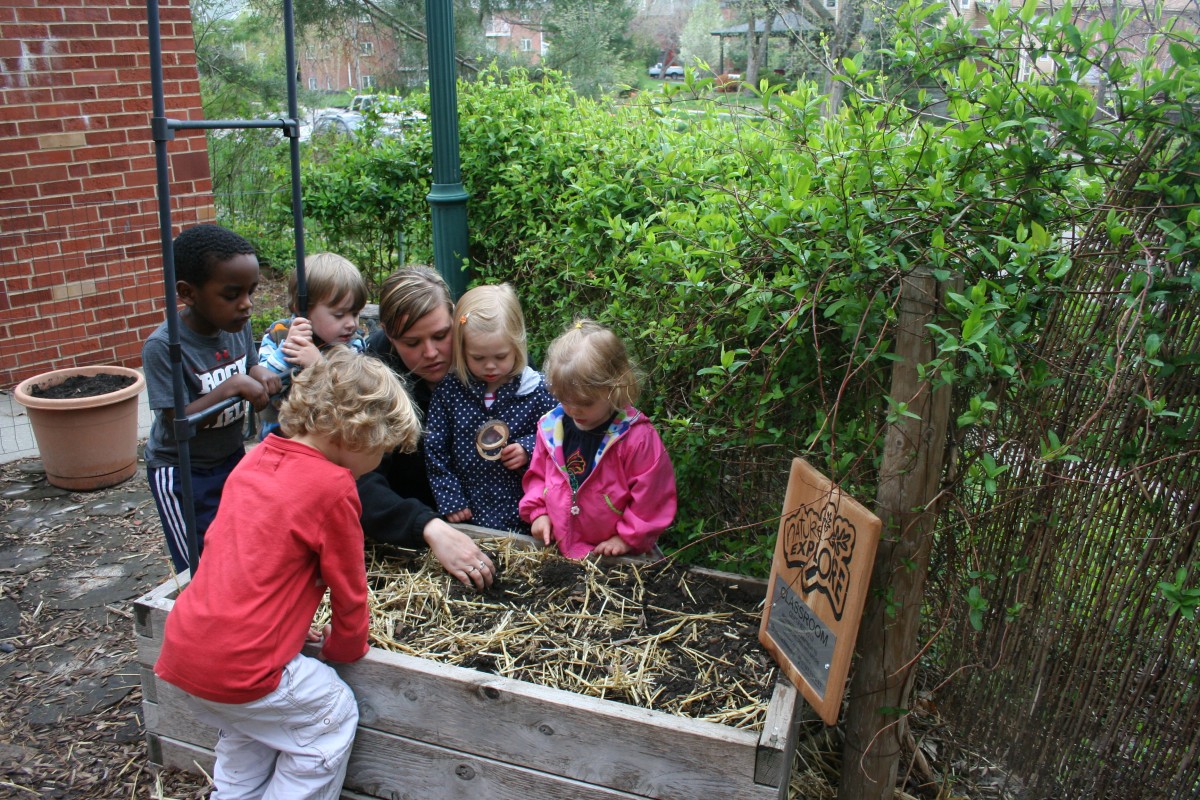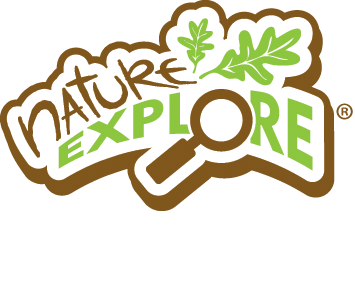Engaging Teachers as Co-Researchers: A Practice That Fosters Reflective Teaching

This is the sixth in a series of “Roots in Research” blog posts, in which we summarize key findings of research conducted by Nature Explore staff and our colleagues at other institutions.
“A very important piece of being a co-researcher is that it is a deeply reflective process. As we’re working with children, we’re observing. We have to determine what’s taking place, why it’s important, how it’s valuable to their growth and development, plus we have to be able to communicate that concisely to a broader culture that may not recognize and respect that. I don’t know how you could be an early education teacher and NOT be a co-researcher. To understand children’s growth and development, you need to go through that reflective process.” – Jen, Teacher/Co-researcher
Recently, researchers studied an early childhood center/Nature Explore Classroom that engaged all of its teachers in co-research. This meant that, as part of their teaching role, educators reflected with their colleagues on their observations and documentation of children’s experiences. One preschool teacher noted that this “should be the role of any good teacher.” She added, “The essence of being a co-researcher in our program is the way this informs our work with children. It is a big responsibility, using what is happening in the culture of our community to improve teaching.”
Without a doubt, the researchers’ findings can be used to inform and improve teaching in classrooms and early childhood programs nationwide. Here are some highlights:
- Teachers indicated that the co-researcher training they received helped them grow professionally and stretch beyond their comfort zones.
- This program reported empowerment among teachers and increased staff retention. Early childhood programs typically experience a 30-50 percent staff turnover rate annually. This program retained 76 percent of teachers over the ten-year period studied.
- Teachers reported increases in staff communication and teamwork.
- Teachers reported increased recognition of children’s skill development and the learning process, as well as how to support it.

